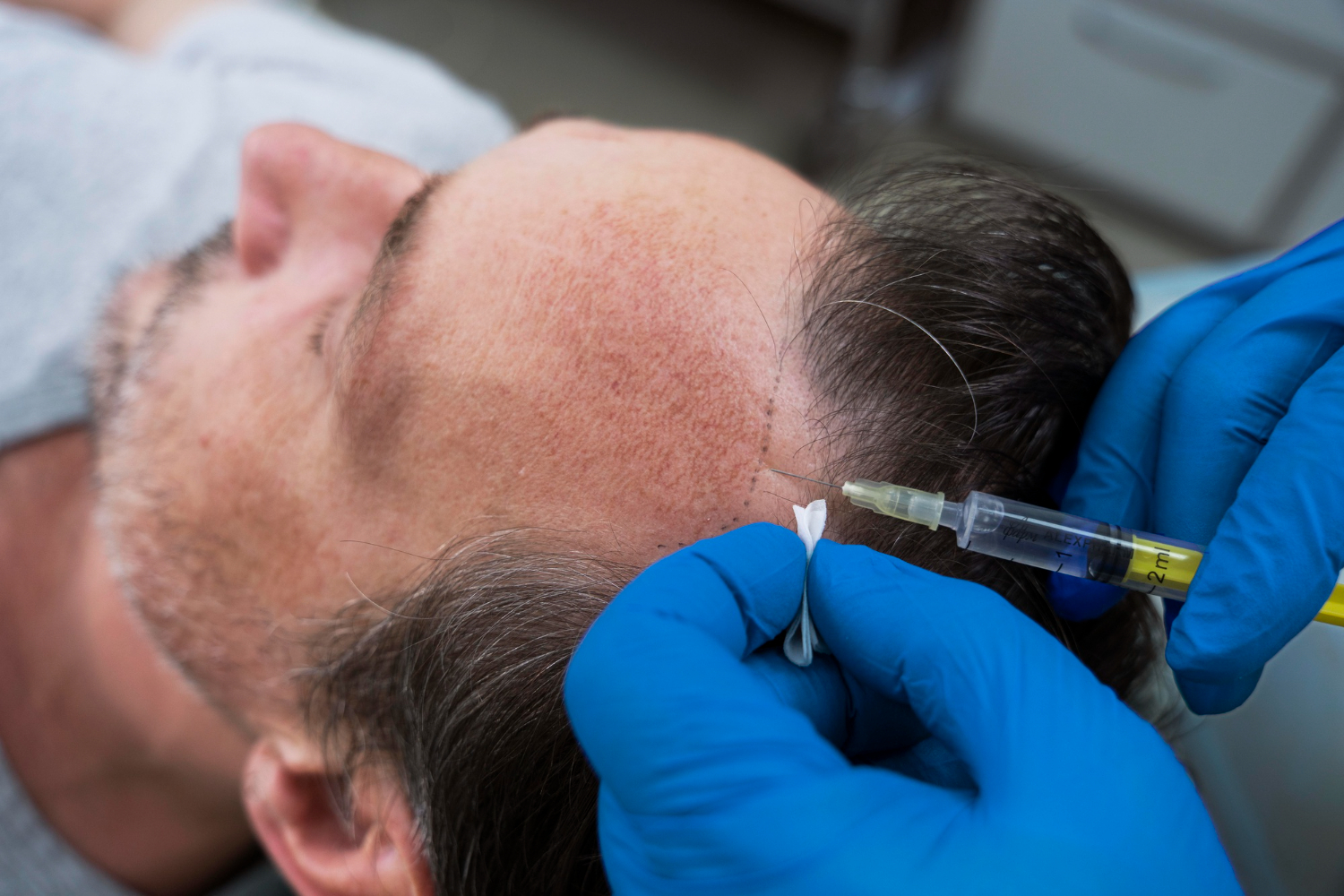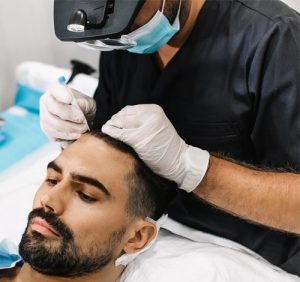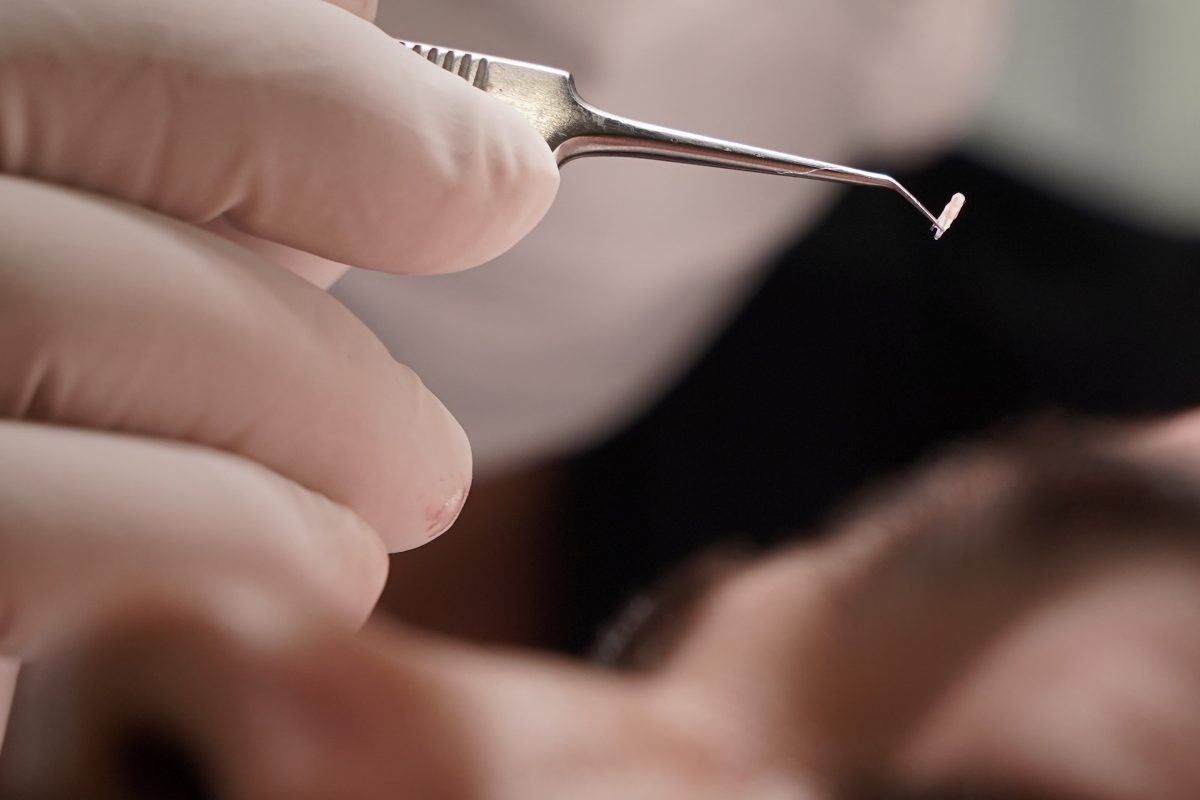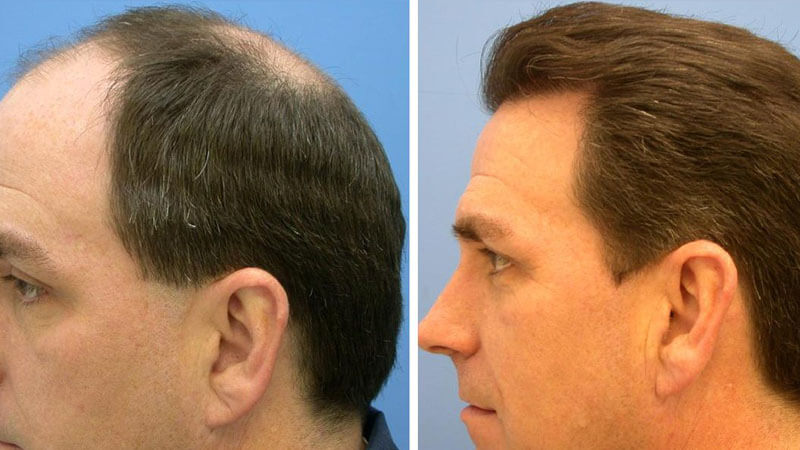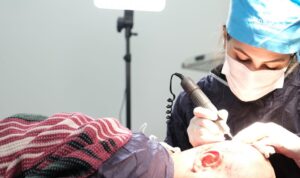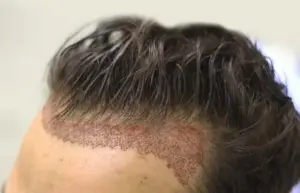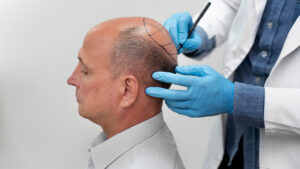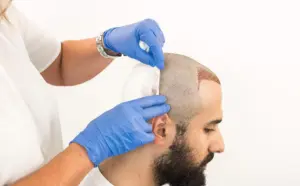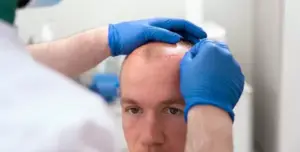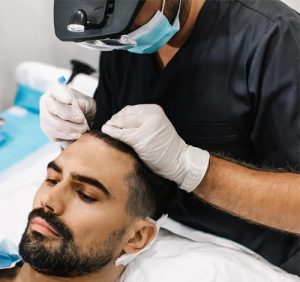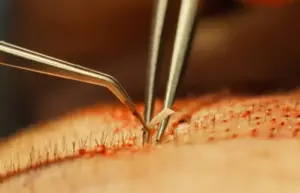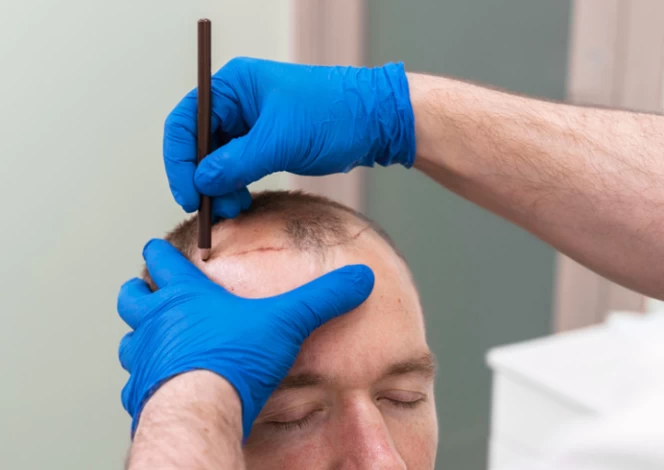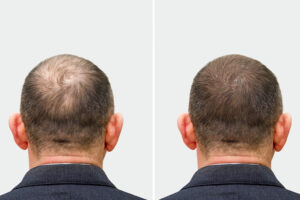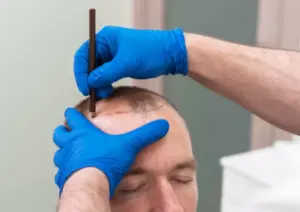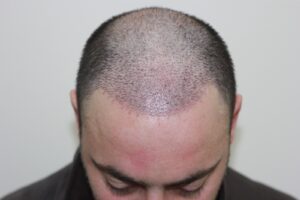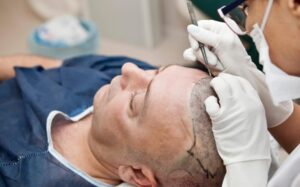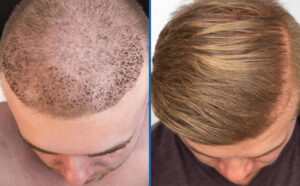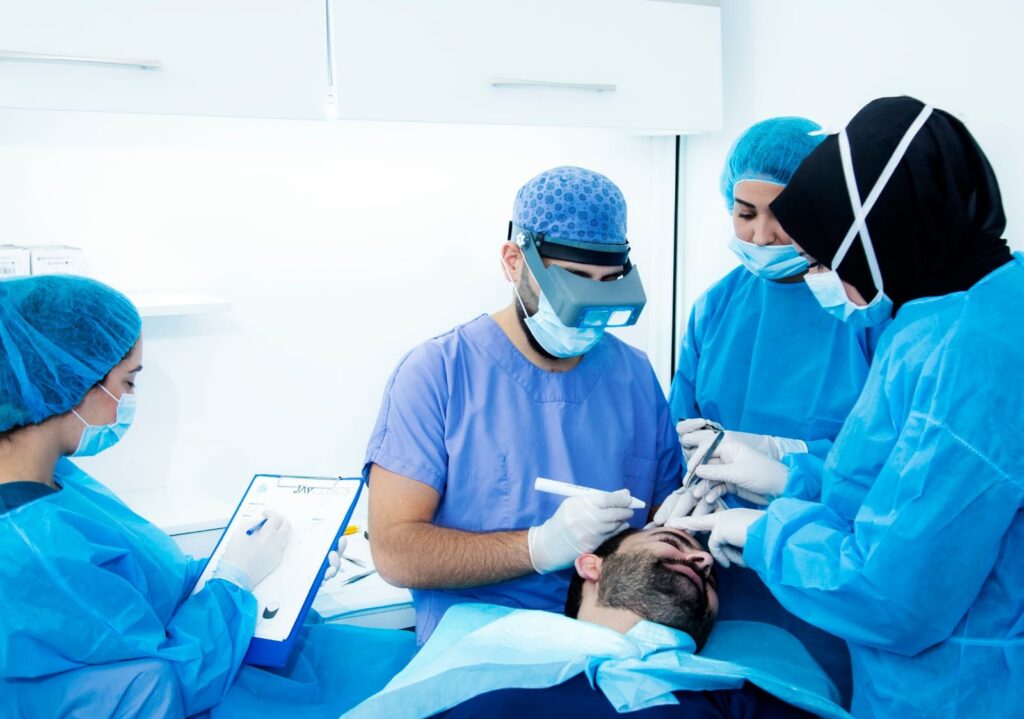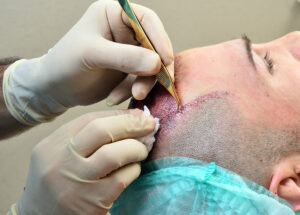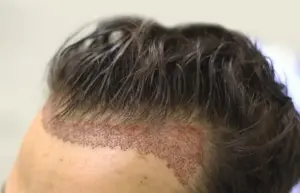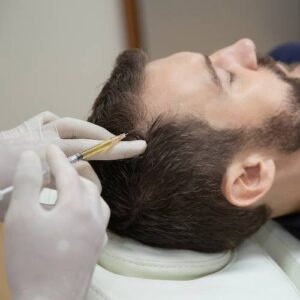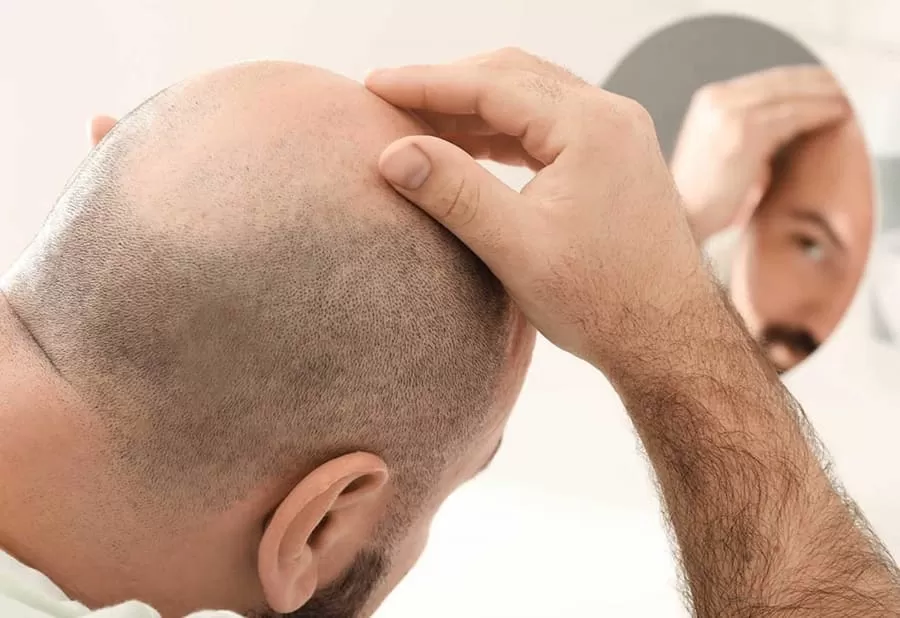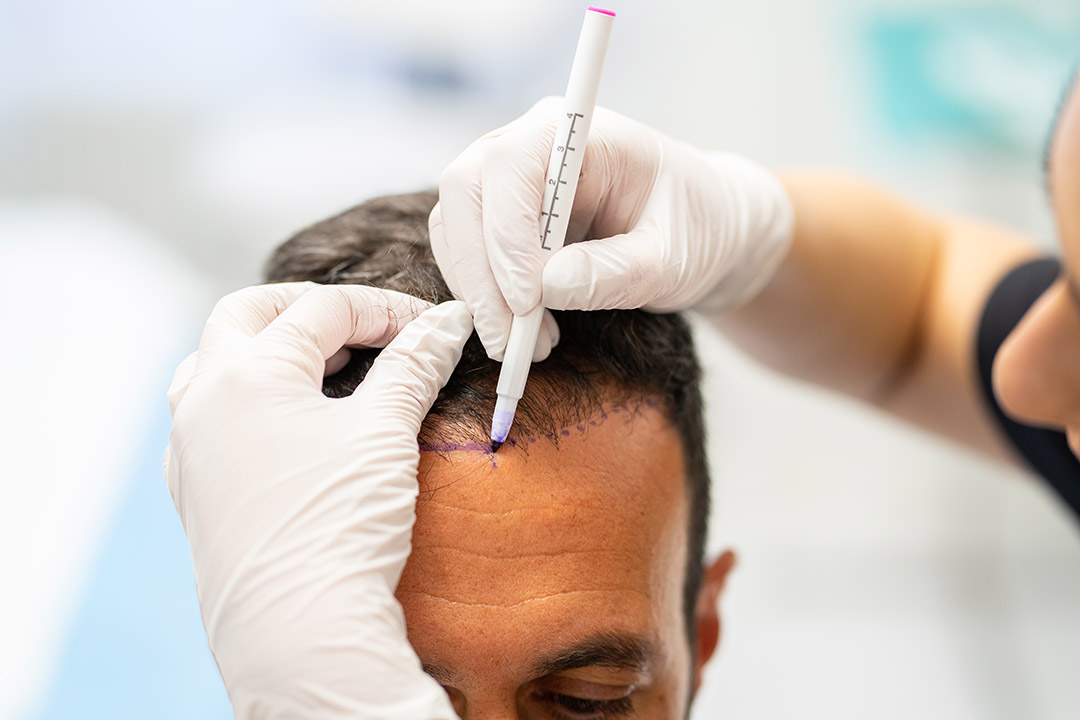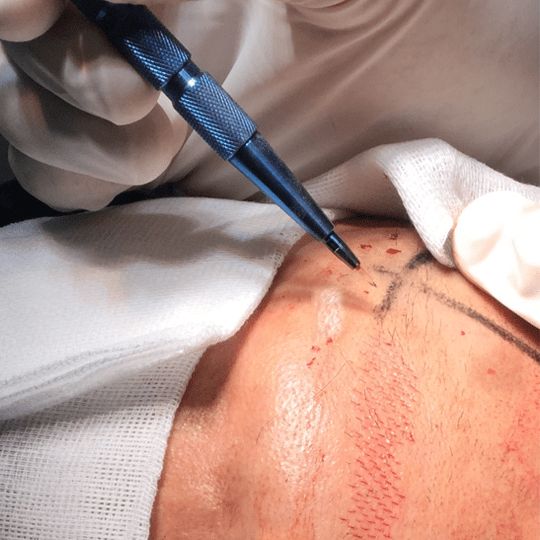hair implant cost turkey

The Cost of Hair Implants in Türkiye: A Scientific and Financial Overview
Hair implantation in Türkiye has become one of the most sought-after medical procedures due to its affordability, high-quality results, and advanced medical technologies. The cost of a hair transplant varies depending on the technique used, the number of grafts required, the clinic’s reputation, and additional services provided. In this article, we will break down the costs of different hair transplant procedures in Türkiye from a scientific and financial perspective, offering a comprehensive look at the expenses involved and the importance of choosing a reputable clinic.
1. The Full Cost Breakdown of a Hair Transplant in Türkiye
- Base Surgery Cost
Premium package (VIP services, luxury accommodation, extended follow-up): $3,500 – $6,000
- Pre-Operative Costs
Consultation fees (if not included in the package): Free
- Post-Operative Expenses
Additional PRP (Platelet-Rich Plasma) therapy: $100 – $200 per session
- Additional Costs
2. Cost of Each Hair Transplantation Technique
A. Follicular Unit Extraction (FUE) – $2,000 – $3,000
The most widely used method in Türkiye due to minimal scarring and natural results.
Hair follicles are extracted individually and implanted into the recipient area.
B. Direct Hair Implantation (DHI) – $2,500 – $3,500
Uses a Choi implanter pen, which allows for direct implantation without creating recipient site incisions.
Provides denser and more natural-looking results but requires high expertise, increasing the price.
More time-consuming than FUE, making it costlier per session.
C. Stem Cell Hair Transplant – $3,500 – $4,500
One of the latest innovations, involving stem cell therapy to boost hair regrowth.
Requires biopsies and lab preparation, leading to higher costs.
Less commonly offered but increasingly popular for those seeking long-term density improvements.
3. The Importance of Choosing a Reliable Hair Transplant Clinic in Türkiye
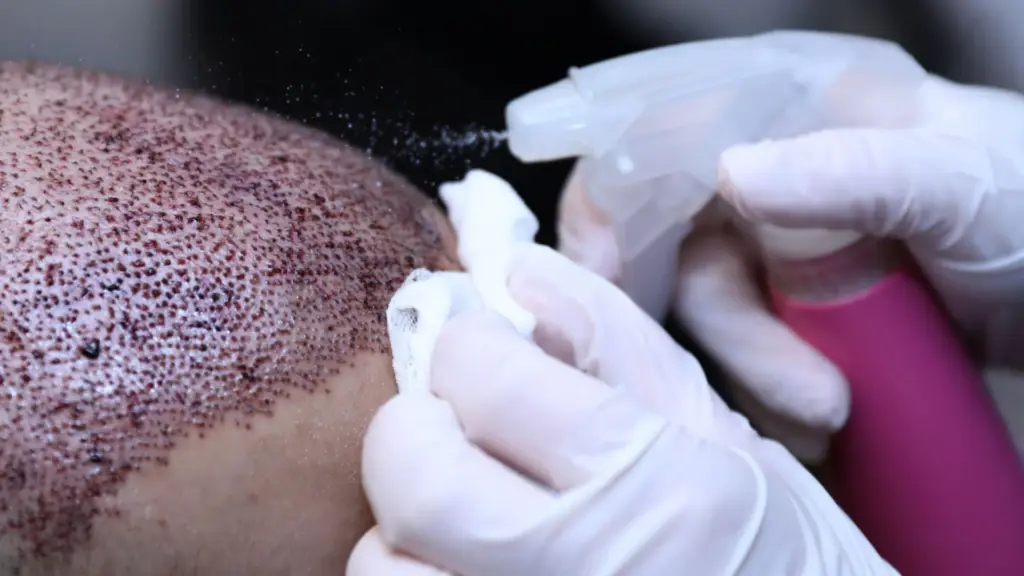
Send Us A Message
More Information

hair implant cost turkey
The Cost of Hair Implants in Türkiye: A Scientific and Financial Overview Hair implantation in Türkiye has become one of the most sought-after medical procedures
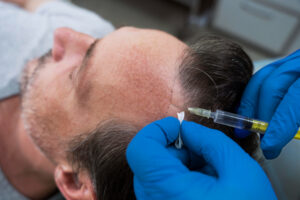
hair transportation
Hair Transplantation: A Comprehensive and Detailed Guide Hair transplantation is a surgical procedure aimed at restoring hair in areas affected by baldness or thinning. While

Hair Transplantation
Advanced Insights into Hair Transplantation: Complementary Information for Better Results Hair transplantation is not just a cosmetic procedure but a meticulously planned surgical intervention aimed

hair transplant cost
Hair Transplant Cost: Comprehensive Breakdown and Key Influencing Factors Hair transplantation is a widely sought-after solution for individuals experiencing hair loss due to genetic predisposition,
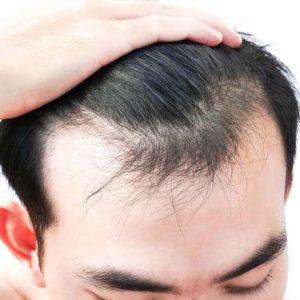
hair implant cost
The True Cost of Hair implant: A Scientific and Financial Breakdown Hair implant is a broad term that includes various methods such as hair transplants,

